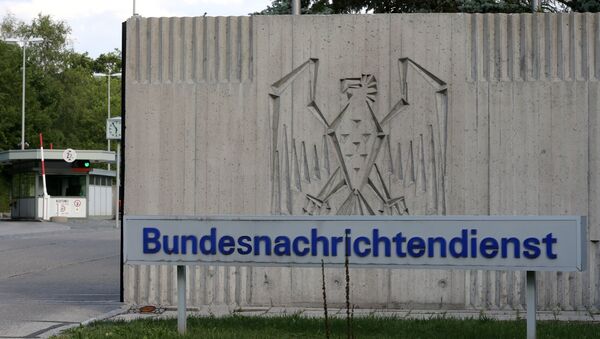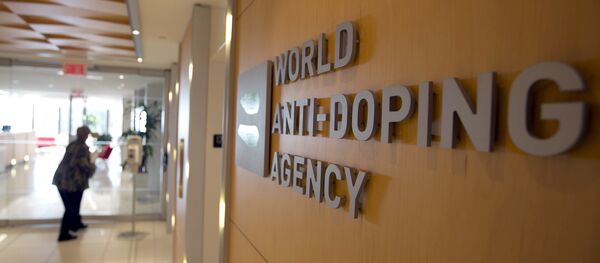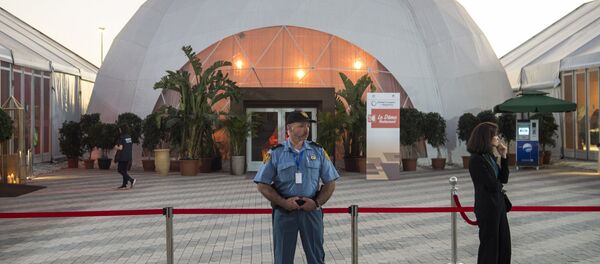The German Foreign Ministry has refused to disclose details on cooperation of the BND, the German intelligence service, with Chile during the rule of Augusto Pinochet, Deutsche Welle reported Thursday.
The request was filed by Jan Korte, a lawmaker of the Die Linke party, and contained 68 questions. The response he received was so incomplete and generally evasive that Korte filed an official complaint about the non-cooperation of the government, DW reports.
"These answers are an unparalleled insult," Korte told reporters. "And, by the way, that is no way to treat the parliament."
In particular, the ministry declined to shed light on the cooperation between the BND and the US' CIA, citing "the good of state" as the main reason for secrecy.
"The release of information related to the cooperation with foreign security forces would breach the strict and unlimited confidentiality that forms the basis of all intelligence cooperation," the ministry said.
Some of the questions asked by Korte included whether the BND was involved in any CIA operations in Chile and what was the central element of German foreign policy in Chile.
Korte expressed his bewilderment that the disclosure of events that happened decades ago could harm current relations between the intelligence services. He also asked why the German government would want to respect its confidentiality agreements with a "regime that maintained torture camps," DW writes.
However, the ministry did reveal some insight into Germany's relations with Chile. According to the answers Korte got from the government, after Pinochet took over the country, Chile's trade with Germany skyrocketed, with exports rising by 40 percent, and imports by 65 percent.
According to media reports from the time, German authorities initially praised Pinochet, viewing him as someone who would bring order to Chile; besides, Pinochet's takeover promised substantial economic benefits, DW writes.
The newspaper recalls the visit of Bruno Heck, then general secretary of the Christian Democratic Union (CDU), to the country in a show of solidarity.
"When asked about reports that the national stadium in Santiago had been turned into a detention camp where dissidents were being tortured, Heck infamously told the Süddeutsche Zeitung on his return, ‘Life in the stadium is rather pleasant in sunny weather,'" DW recalls.
"It just shows that there is no awareness of the problem," Korte said. "There is apparently no consciousness of history in [Foreign Minister] Heiko Maas."




